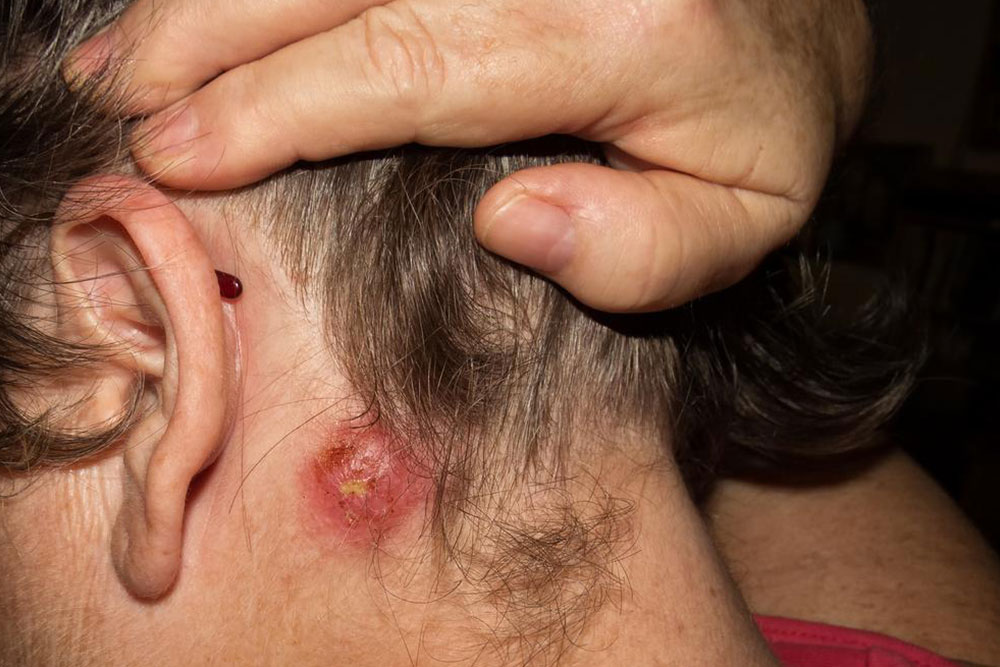Understanding Cancer: Causes, Symptoms, and Modern Treatments
This comprehensive overview explains the key causes, early symptoms, and advanced treatment options for cancer. Early diagnosis significantly enhances treatment success. Understanding risk factors like smoking, poor diet, and UV exposure is crucial. Modern therapies include surgery, chemotherapy, and hormonal treatments, tailored to individual cases. The article emphasizes prompt medical consultation upon warning signs. It aims to educate readers on recognizing symptoms and seeking timely treatment, highlighting the importance of early detection in improving outcomes.

Understanding Cancer: Causes, Symptoms, and Modern Treatments
Cancer arises from abnormal cell growth caused by genetic mutations. Known as malignancies, these abnormal cells form tumors that can be benign or malignant. Benign tumors do not spread, while malignant ones invade other parts of the body. The type and stage of cancer influence treatment options. Common cancers include breast, lung, skin, lymphoma, and prostate. Early detection significantly improves the chances of successful treatment compared to advanced stages.
According to the National Cancer Institute, cases of cancer continue rising yearly.
Causes of cancer
Cigarette smoke contains numerous carcinogens that cause various cancers, especially lung cancer.
Poor diet and lack of physical activity are major risk factors, with about 20% of cases linked to overweight or unhealthy lifestyles.
Inflammation from infections can impair immune response, increasing cancer risk.
Exposure to UV rays can lead to skin cancers like melanoma.
Signs and Symptoms
Irregular bowel movements or bladder issues may indicate colon cancer.
Changes in breast appearance or nipple rashes can signal breast cancer.
Chest pain and respiratory infections may be symptoms of lung cancer.
Persistent fatigue, abdominal pain, and vaginal bleeding are common warning signs.
Unexplained weight loss and loss of appetite should not be ignored.
If any of these symptoms appear, consulting a healthcare professional promptly is essential for early diagnosis and effective treatment.
Modern Treatment Strategies
Treatment varies based on cancer type, stage, and the patient's overall health. The goal is to eliminate cancer cells and prevent spread using various methods:
Surgical interventions: Removal of cancerous tissue is effective when tumor is localized, often confirmed through biopsy.
Chemotherapy: Utilizes drugs to kill cancer cells systematically; many patients respond well and lead normal lives.
Hormonal therapy: Involves medications that block or regulate hormones that fuel certain cancers, such as breast or prostate cancer.










